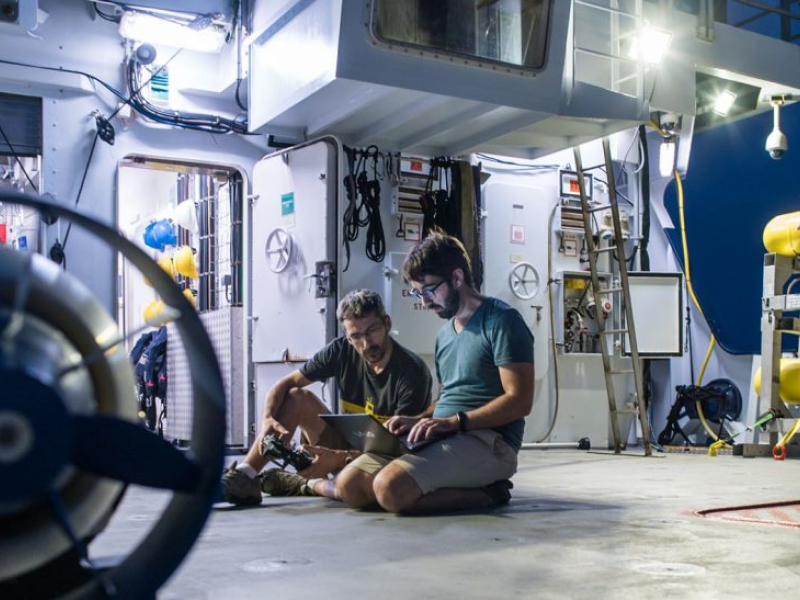Australia’s Economic Accelerator has concluded its Seed pilot program by awarding $11 million in federal grants to 36 research projects that have demonstrated commercialisation and translation potential.
The final tranche of the grants program targeted advanced and additive manufacturing technologies across three National Reconstruction Fund priority areas: transport, defence capability, and enabling capabilities.
Of the projects announced on Monday, enabling capabilities projects accounted for the bulk of the grants (19), followed by defence capability projects with 13. Four transport projects also received funding.

When Education minister Jason Clare announced the launch of the seed grants last year, he said it would “provide entrepreneurs in higher education research with an opportunity to test their idea with experts from across the innovation system”.
The AEA Seed was a pilot for the incoming AEA Ignite program, which will deliver grants for projects that demonstrate proof-of-scale.
While no AEA Seed project was awarded the maximum grant of $500,000 in round three, several received only marginally less, including a project led by the University of Sydney’s Dr Lachlan Toohey.
Dr Toohey received $499,036 to test a sovereign Autonomous Underwater Vehicle capability “that can hover above the seafloor to collect better data in difficult conditions”.
This capability could support “environmental surveys of offshore infrastructure assessments (such as windfarms), scientific data collection and various defence applications”, as listed described on the AEA website.
Macquarie University Professor Dali Kaafar landed $499,023 to work on an anti-scam system. Titled “Pitting AI Against Phone Scams – A Proactive Defence”, the project will develop “a technology that will redirect scam calls to conversational AI bots optimised to present as convincing scam victims”.
A $491,530 grant went to the University of New South Wales’ Dr Robert Nordon to test an automated process for complex cell manufacturing, which promises to lower the cost of scaling biopharmaceutical production.
The $1.6 billion AEA program aims to drive research commercialisation by support entrepreneurial researchers that align with the seven priorities of the government’s flagship $15 billion National Reconstruction Fund.
The first $180 million worth of AEA Ignite and AEA Innovate programs opened to applications in mid-July, shortly after the board responsible for overseeing the program was appointed.
The two streams will award grants of up to $500,000 and $5 million for proof-of-concept and proof-of-scale projects respectively. Expressions of interest will be accepted until August 28.
Following the launch of the two streams AEA advisory board chair and Thales chief executive Jeff Connolly said that AEA Seed projects were already meeting “significant industry opportunities”.
“Already initial AEA Seed funded projects… are supporting development of globally disruptive green hydrogen technology which would allow hydrogen to be produced more flexibly, at scale, with less infrastructure,” he said in mid-July.
Do you know more? Contact James Riley via Email.

